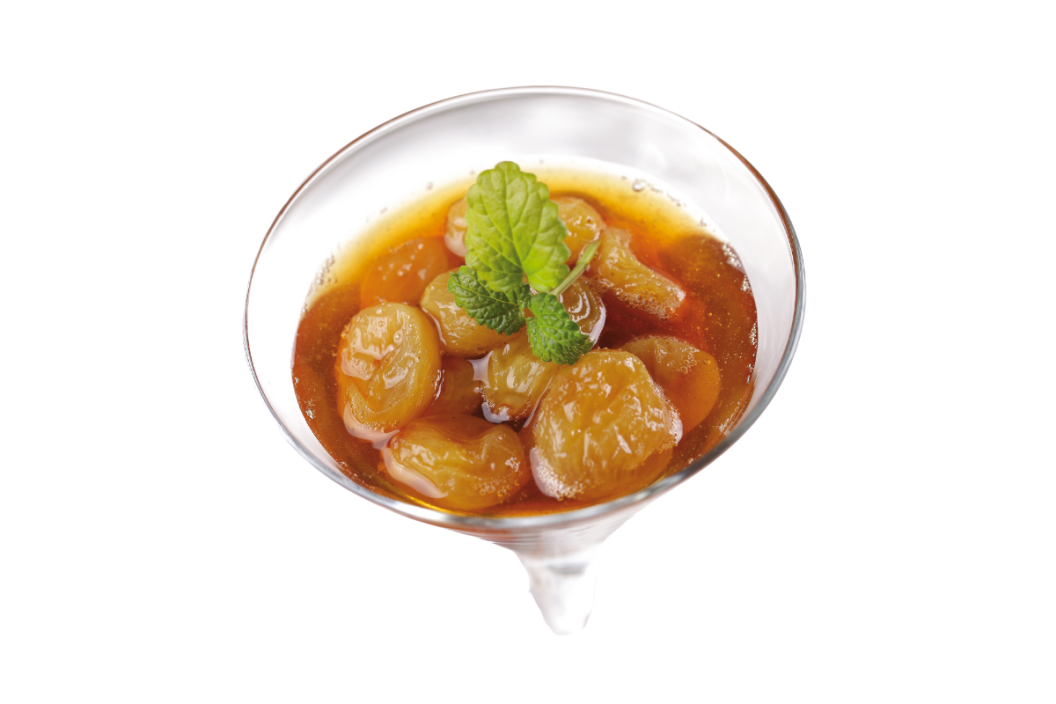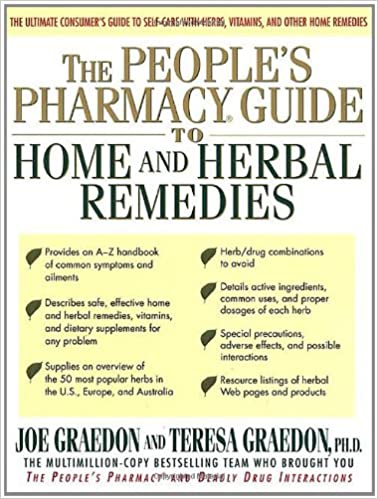Many people swear by certain home remedies for ailing various afflictions and improving overall wellness. For instance, I was raised putting mud on my bee stings and gargling saltwater for a sore throat. Although many folk remedies sound downright strange, there's a reason that they stick around. One common and quirky home remedy is gin-soaked raisins, purported to provide pain relief from rheumatoid arthritis.
Origin of Gin Soaked Raisins
It's hard to say the origin of this home remedy for arthritis, but it became popular in the 1990s when Paul Harvey mentioned it on his radio show. After this public mention, this remedy was noticed by multiple media outlets and various versions of the infamous gin soaked raisin were created. Gin soaked raisins have even been included in a few books about folk remedies!
One such book is "The People's Pharmacy Guide to Home and Herbal Remedies" by Teresa and Joe Graedon. This book includes a number of testimonials detailing the success of the remedy, but there are also accounts of people who didn't find it helpful. Along with gin-soaked raisins, turmeric tinctures and juniper berries are popular anti-inflammatory remedies.
Does it Work?
Home remedies usually have a basis of truth to them, which is partly why they get passed on through generations. When it comes to gin-soaked raisins, the juniper used to make gin is probably a factor in their success. Juniper has been known to have anti-inflammatory properties, which would help with arthritis pain. In fact, it has been used for joint pain for centuries, far before it was mentioned on the radio!
Many people have contemplated this alcoholic raisin remedy, attempting to discern whether there's any scientific evidence that it could truly have medical value. Along with the juniper in gin, there's a possibility that raisins have some anti-inflammatory properties. Raisins contain resveratrol, an antioxidant that has been used to treat mice with inflammatory arthritis. However, the amount of resveratrol in raisins is extremely small, so it's hard to imagine that this could actually improve arthritis symptoms.
Along with these factors, it's been suggested the sulfur dioxide used in the process of making golden raisins is beneficial for joint pain. Sulfur baths and sulfur-rich foods are used as a treatment for osteoarthritis and chronic pain relief, so it makes sense that the sulfur in raisins could be a factor.
Despite these possibilities, some suspect that the alcohol content of the gin itself is the true arthritis remedy. We all know that with enough gin, any pain will go away! However, you would need to drink a decent amount of gin for its numbing effects to remove the joint pain that comes with arthritis.
Placebo Effect of Gin Soaked Raisins
https://www.instagram.com/p/pxicEkq93p/
Another reason that home remedies work is the placebo effect. This is a psychological effect in which people's expectation that a medicine will work actually causes them to get better regardless of the medicine's value. This shows just how powerful the mind is! It can be hard to know how much a natural remedy's success is due to the placebo effect and how much is due to the remedy, but all that matters is if it helps.
It's unclear whether gin-soaked raisins actually relieve arthritis pain, but there are many arthritis sufferers who swear by this quirky solution! When making gin-soaked raisins to help with arthritis, use golden raisins rather than black. Soak them in any gin for a week or two and store in a glass container. Then, eat about nine gin-soaked raisins twice a day for two weeks, then once a day afterward. If this sounds like too much work, you can also buy premade "drunken raisins" online to see for yourself whether gin-soaked raisins help with arthritis!





